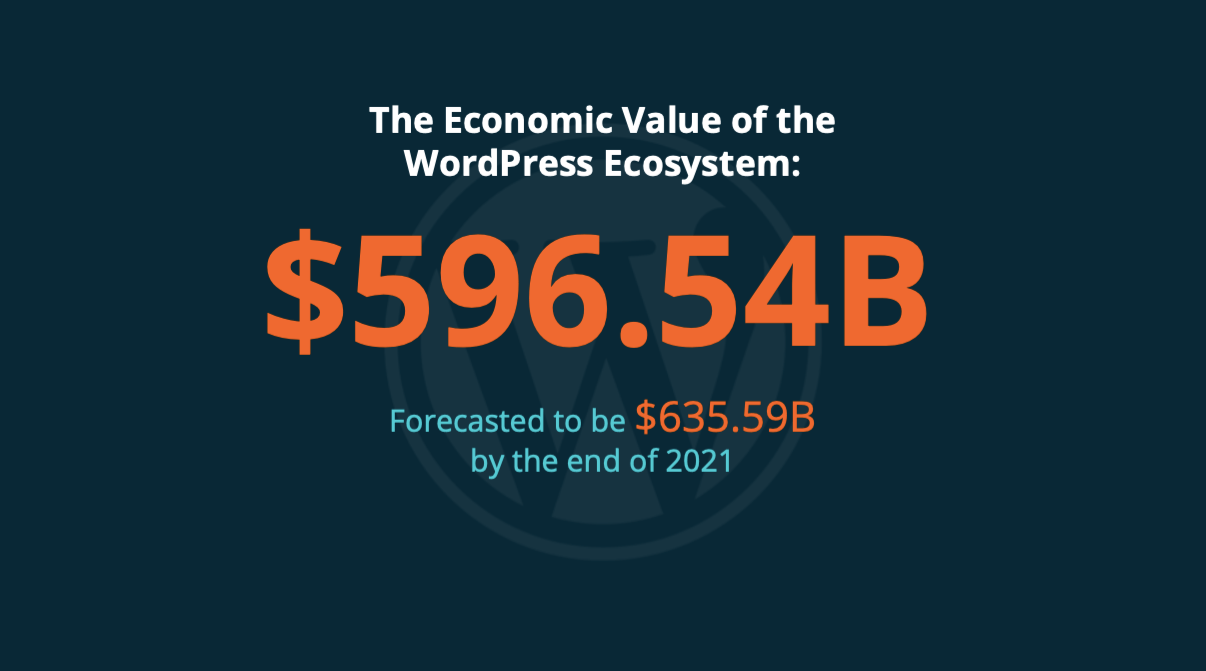If you’ve spent any time reading about WordPress you’ve likely come across the phrase ‘open source’. While many of you may be familiar with the term and the importance it has on the world of WordPress, some of you may be left unsure why ‘open source’ is thrown around left, right and centre.
At its core, open source is a term that defines software where the source code is made publicly available to users who can then modify and redistribute it under the same license.
You might be surprised to learn just how many services and programmes you use on a daily basis are powered by open source code – Linux, Firefox and, of course, WordPress, are just a few examples of open source software.
While the regulations and associated licensing for open source software should remain straight-forward, there has always been some confusion and discussion about exactly how open source licensing should work and the rights of both the original and subsequent creators. In a bid to stamp out confusion, the Open Source Initiative recently published a set of concise, annotated definitions.
Among the list of ten essential criteria, highlighted points include:
- Free redistribution
- No discrimination against persons, groups, or fields of expertise
- License must be technology-neutral
Continuing the discussions surrounding open source, Google kicked off 2019 by launching Opensource.dev, which was designed to serve as an accessible introduction to help developers and designers get to grips with open source software.
In their opening statement, they touch on the diverse reach of open source technology (with an obligatory mention of WordPress, of course!):
It’s in your phone, your car, your TV, and your wifi-connected light bulbs. Open source components enable engineers to build on the work of a global community of developers to deliver better products faster and at lower cost. Linux, the Apache web server, Android, Firefox, and WordPress are examples of open source projects you may have heard of.
With both the Open Source Initiative and Google helping to push open source to the forefront, we look forward to seeing the discussion about the benefits and importance of open source software take centre stage in 2019.



